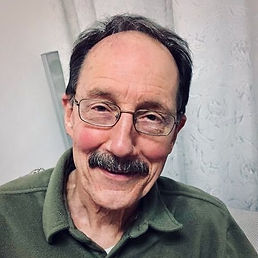“Jung and the Environment – Part Two”
A Jungian Ecopsychological Perspective: Our Relationship with Nature
Presented by . Dennis Merritt, LCSW, PhD
Sunday, 2 PM – 6 PM, April 26th, 2015
Jung coined the terms “new age” and “age of Aquarius” in 1940 to label the massive paradigm shift he said was necessary in the West. This includes a profound change in the human relationship with the environment. Jungian psychology can provide a mythic and archetypal analysis of the problems and a framework for addressing them.
This presentation explores Jung’s critique of Christianity as well as alchemy, fairy tales, and legends as compensatory elements. Each layer of the collective unconscious will be examined for its contribution to our dysfunctional relationship to nature and how it can be rectified from a Jungian perspective. This includes using dreams to help connect us to the environment, especially dreams of landscapes and animals. A case will be made for Hermes as the god of ecopsychology, the new field that examines how our perceptions, values, attitudes, and behaviors affect our relationship with nature.
These concepts, together with synchronicity, provide a bridge to Native American spirituality as a model for connecting to the land. How these approaches can move us towards a fundamentally different relationship with nature will be illustrated by briefly exploring their use in our educational system.
Dennis Merritt, LCSW, PhD, is a Jungian analyst and ecopsychologist in private practice in Madison and Milwaukee, Wisconsin. He lived in Anaheim until age six then moved to a small dairy farm in Wisconsin, where he established a deep connection with the land through farming and 4-H Club nature study projects. After getting a PhD from Berkeley in insect pathology (microbial control of insect pests) and an MA in Humanistic Psychology from Sonoma State, he trained at the C.G. Jung Institute in Zurich. Nearly thirty years of participation in Lakota Sioux ceremonies have profoundly influenced his worldview. His article “Sacred Landscapes, Sacred Seasons: A Jungian Ecopsychological Perspective,” applies complexity theory to Jungian concepts to describe how sacred space is created and maintained in nature.
Dennis Merritt’s links:
Blog:www.JungianEcopsychology.com

